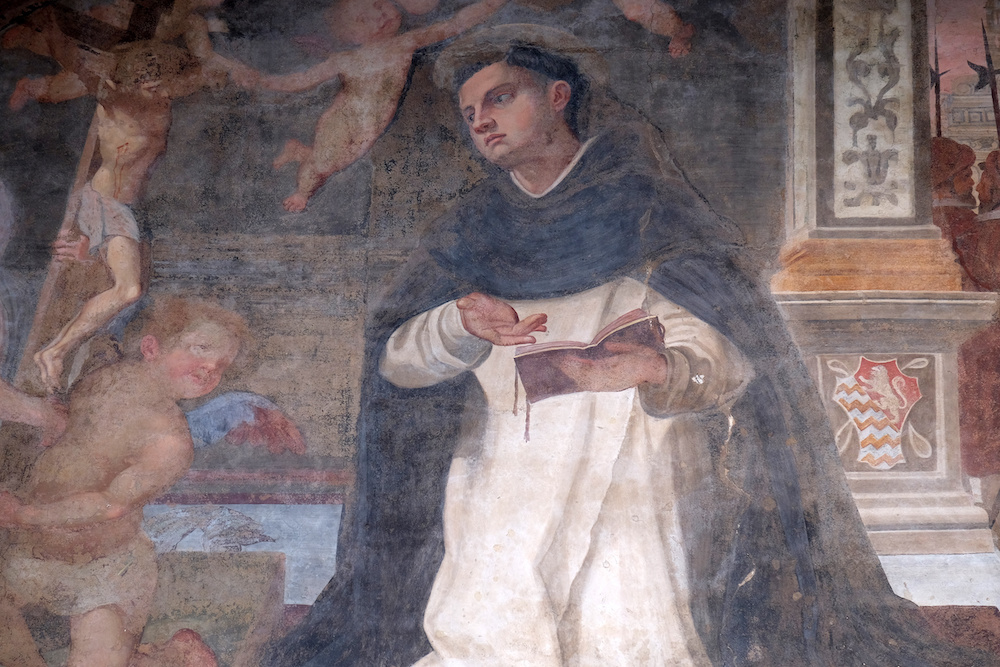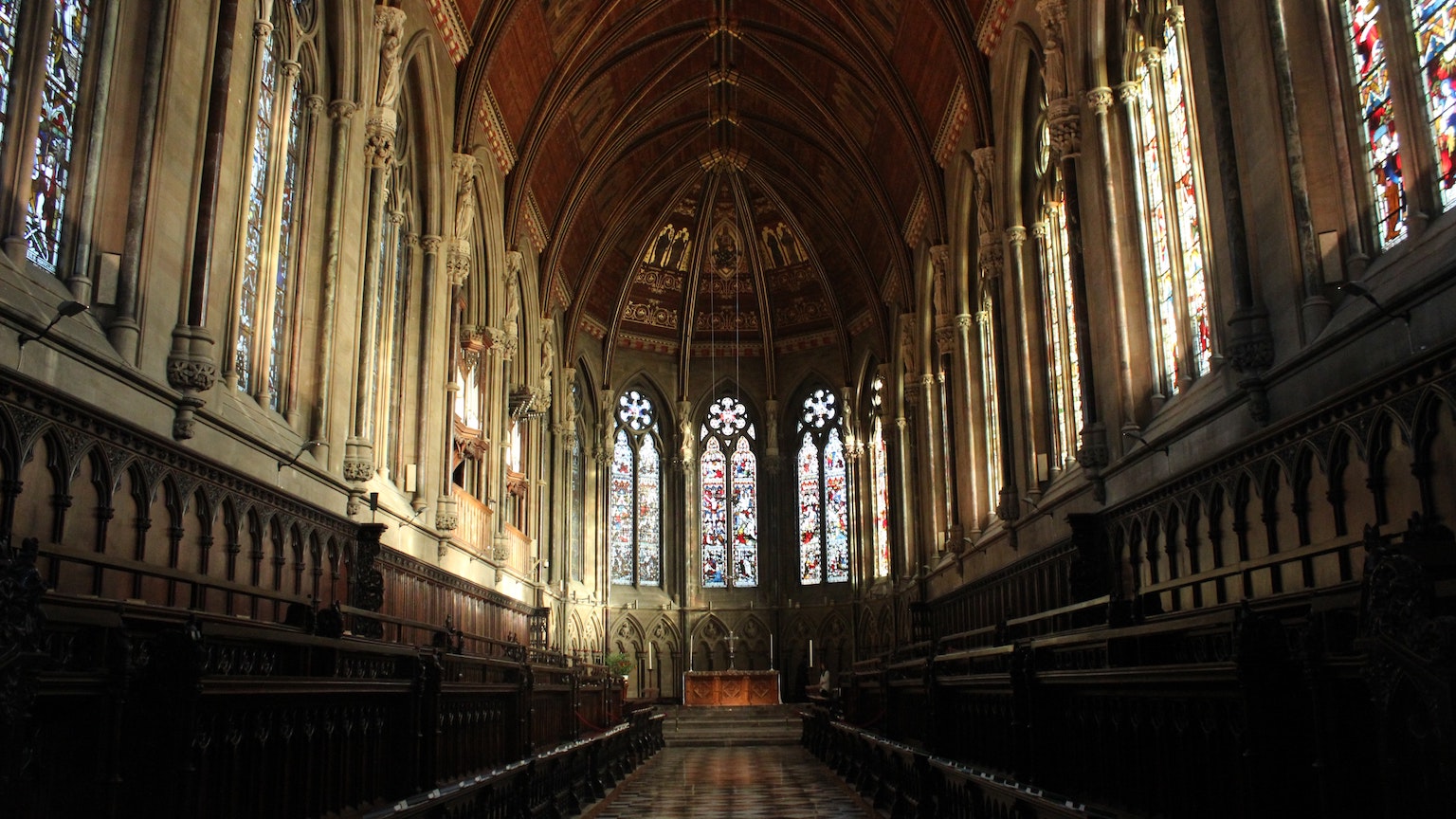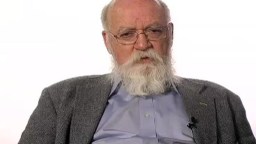Why do we value human life?

- The “sanctity of life” is the idea that human lives are inherently valuable — more valuable than any other material thing there is.
- The fact that we value human life owes itself to various religious traditions. Without religion, can it be justified?
- Philosophers often reference human rationality as the reason for their value. Is this good enough today?
What’s wrong with killing people? As you sit at some restaurant, ready to enjoy your meal, why can’t you just stab the chef for overcooking the steak? Why is it that we can no longer gather in packed stadiums to watch people die fighting each other in gladiatorial bouts?
Nearly all of us seem to have an unquestioned assumption that every person should continue to live; that to kill another human being is a wrong beyond no others. We unthinkingly accept that there’s something about human beings that we ought to protect and, if at all possible, avoid harming. We value human life in a way that suggests we have a magic and a sacred something that lambs, turkeys, or mosquitos do not possess.
Why do we all subscribe to the idea of the “sanctity of human life”?
A God-given gift
A lot of the value we attribute to human life comes from religion. Even if you or your country are not explicitly religious, the traditions, legal codes, and values you hold stem, at least indirectly, from religion.
If we believe a human being is ensouled in some way, or that we’re the loved and cherished children of some all-powerful deity, then it’s pretty easy to see why you ought not to murder. If you kill someone, you are offending and upsetting God, and risk everlasting damnation. You’re insulting the parent-creator by killing. It’s why all of today’s major monotheistic religions have commandments or proscriptions telling their followers to not kill. (Although, as anyone with a basic knowledge of history can tell you, rarely are these proscriptions obeyed.)
When we look beyond theistic faiths, toward karmic religions, we see that human life is meaningful for a different reason. For example, when you take a life (human or sometimes non-human), you risk gathering karma, binding your soul to the Earth for another rebirth. In Tibetan and Indian Buddhism, while human and animal life are both precious, humans are more so. This is because only humans can achieve nirvana or awakening.
Religions differ hugely across geography and time, but a key commonality is that most religions teach us we should value life, because it is either valuable to God or instrumental in rebirth.
Precious rationality
The sanctity of human life has great purchase across almost all world religions. However, when you remove religion, what philosophical arguments are left? For millennia, the answer owed much to Aristotle.
According to Aristotle, there was only one true “good” in the universe: A being that satisfies its purpose (or telos). He believed everything should live exactly as it was meant to. For humans, this means being rational and to flourish in being so. Aristotle thought that all living things could be weighed by the kind of soul they had. On the bottom rung, you have the reproductive or nutritive soul, such as of plants and trees. Next is the sensitive soul of perception and movement — the thing of the animal kingdom. At the top of the hierarchy is the intellect, or rational soul, which is uniquely human. All three souls are nested, in the sense that the higher souls contain also the lower ones; animals also reproduce, and humans also perceive. From all this, Aristotle concluded that we should value human life, due to our inherent capacity for reason.

St. Thomas Aquinas, the Christian Aristotelean philosopher, developed these beliefs into a formal “natural law” — where immoral acts were those which contradicted our God-given, but rationally intuited, purpose. The first two of Aquinas’ “primary precepts” (natural laws) were self-preservation and continuation of the species, both of which require we do not kill. For Aquinas, reason was what allowed us to discern truths of the world, and we ought to protect that: the greatest of our tools. In Islamic philosophy, there’s a similar concept of uṣūl al-fiqh. This is usually translated as jurisprudence, but it means using our reason to discover moral edicts. Reason means truth, and truth is the most important thing there is. We should value humanity because we seek to protect truth itself.
Time to be unreasonable
Today, few secular thinkers give much weight to natural law. It’s not hard to see why. For however much Aquinas and Islamic scholars elevated rationality, the idea of “truths” and “moral absolutes” as written down in the fabric of the universe depend on certain metaphysical commitments, i.e. a god or spirit which created them.
We also live in an age in which reason or the rational mind is perhaps not as celebrated as it once was. Thinkers like Søren Kierkegaard and Friedrich Nietzsche formed the vanguard of a philosophy that focused on other aspects of human life. They saw things like passion, character, and freedom as more important parts of our nature. In fact, the opening chapter of Nietzsche’s Beyond Good and Evil is a cuttingly sardonic critique of previous philosophers’ obsession with reason and “truth”.
The Frankfurt School philosophers Max Horkheimer and Theodor W. Adorno took this even further. To them, reason did not mean a continuous, determined progress. Reason was nothing, in itself, to be so proud of. They argued that cold rationality found its horrific regression in the Nazi party and the holocaust. Lionising rationality as some sacred gift amounted only to a mythology, and a dangerous one at that.
The value of human life
Why, then, do we continue to value human life, especially above and beyond animals? If you value rationality, why is that? And does rationality, alone, bestow value on a human life?
Broadly speaking, there are two kinds of value. One is instrumental value, which is value for what something does. The other is inherent value, which is valuable because it just is. Let us entertain the first: that we value humans for their instrumental value. We might claim that a human life can be measured by the good it gives the world. If so, is it not perfectly okay to harvest organs from a vagrant and friendless scoundrel in order to keep dozens alive? Are we happy to say that some humans are more or less valuable, depending on their daily productivity or “goodness output”? Some might be fine with this, but I suspect many are not.
The other alternative is that we value life because we’ve always valued life. There’s a kind of collective unconscious (to bastardize an expression of Carl Jung) that assents and reaffirms the sanctity of life. By the stories we tell, good parenting, and moral education, we teach each generation that human life is valuable beyond all else. We establish it as the sacred myth of our time — a myth we need to constantly maintain if we want it protected.
But the philosopher’s job is not to accept the assumed inheritance of our forebears. It is to ask questions where they’re not usually asked — to peek behind the curtain and lift up the stone. As philosophers, what reasons can we give for calling human life valuable?
Jonny Thomson teaches philosophy in Oxford. He runs a popular Instagram account called Mini Philosophy (@philosophyminis). His first book is Mini Philosophy: A Small Book of Big Ideas.





